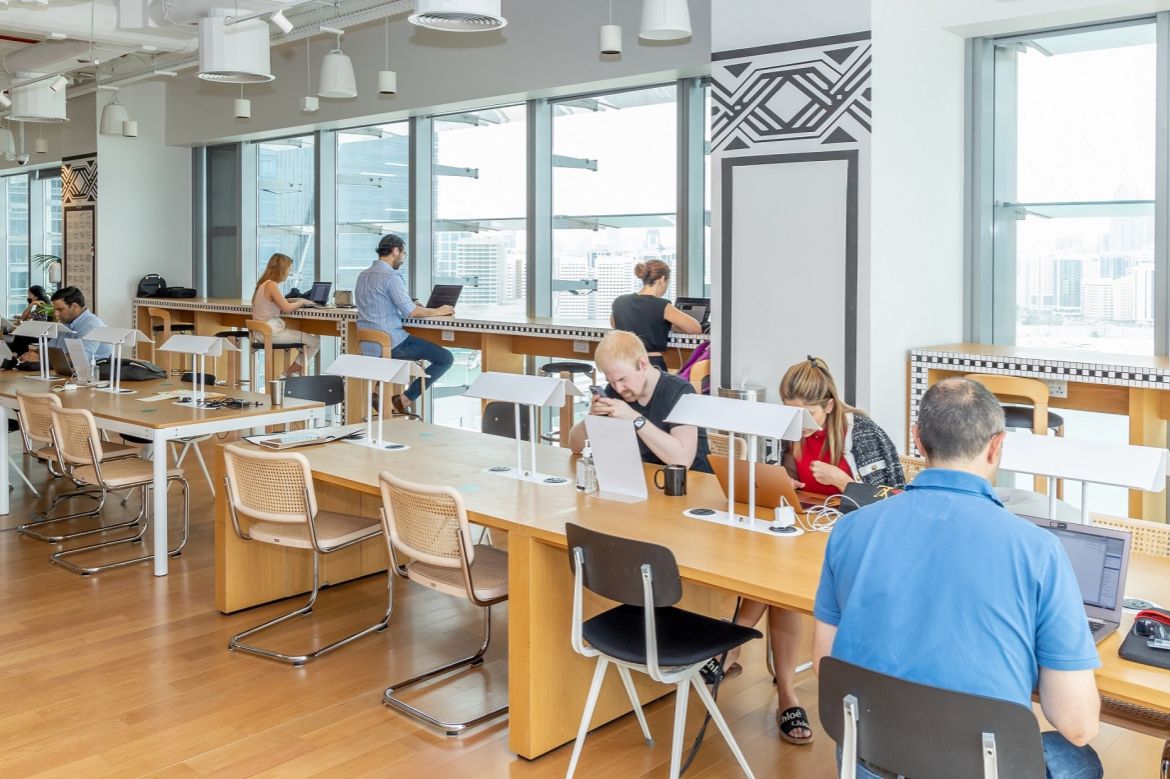The lifespan of the average business model has plummeted from 15 years to less than five, in the past 50 years. As such, the urgency of corporate innovation has emerged rapidly.
Digital transformation of major corporations and government departments is driving product, service and operational efficiencies that provide a must-needed competitive-edge to attract customers and standout in the marketplace.
While most companies worldwide identify innovation as a top three priority, fewer than 10 per cent are satisfied with their organisations’ innovation performance.
This has led to startups being targeted by corporations and government as a source of fresh ideas and ‘out of the box’ thinking. Through their next-generation technologies and agile business models, founders are increasingly on the hunt to make an immediate impact on the business and government landscape.
This is a natural win-win opportunity. But gaps still remain in bridging the ambitious founder with corporate and government giants to tap into each other’s strengths.
Technology ecosystems are playing a bigger role in capitalising on the opportunities that corporate innovation offers.
Looking at the Middle East and North Africa (MENA) region, where nations like the UAE are heavily investing in digital transformation, Hub71 is Abu Dhabi’s leading tech startup community that has sought to bring together corporations, government, and startups to solve real industry challenges using novel technology-led practices.
The Outliers
The Outliers Program is Hub71’s way of bringing to life meaningful collaboration between startups, leading corporations from a diverse range of industries and government departments in Abu Dhabi seeking to modernise their services.
In July, the second edition of The Outliers launched with seven challenges from five leading organisations, – Aldar, Department of Culture and Tourism – Abu Dhabi (DCT), Department of Health – Abu Dhabi (DoH) and Thales. For the first time, a dedicated category has been created for scale-ups to take part, with Cars24, an e-commerce platform for used vehicles valued at $1.84billion and part of the Hub71 community, joining the latest edition.
Startups can customise their product to support the organisation’s business objectives, secure commercial deals, and gain funds to develop their proof of concepts alongside the partner.
One example is fintech company, Bridgerpay, a SaaS payments intelligence platform hailing from Israel, focused on bridging merchants and payment providers with AI.
Addressing last year’s challenge from Etihad Airways, which sought ways for the airline to extend acceptance of new forms of payment across various markets, Bridgerpay developed a POC in eight weeks, and is now signing a multi-million-dollar deal with the UAE’s flag carrier. Not only did Bridgerpay work alongside Etihad in developing the POC, but it also led to launching in iFly, Etihad’s employee ticketing system with 85,000 transactions a year.
“Tech ecosystems such as Hub71 are uniquely positioned to promote the digitisation of economies and accelerate the transformation of sectors”, explains Elodie Robin-Guillerm, head of growth and strategy at Hub71.
“By bringing together both corporations and government, we can help bridge the gap and facilitate access to cutting edge solutions that will set companies apart and propel them to the future.”
This year’s challenges seek to harness next-generation technologies including Web3 to help participating organisations future-proof their operations as the metaverse begins to grip the evolution of the internet.
In a challenge perfectly suited to fintech companies, Cars24 is exploring unique payment solutions and the integration of digital platforms to redefine how consumers purchase cars. Meanwhile, DCT wants to better understand tourist behaviors as well as uncover the future of tourism in Abu Dhabi.
In healthcare, DoH is looking to use digital solutions to improve the patient journey and optimise resources without compromising the quality of care that Abu Dhabi’s health system has been renowned for.
“DoH searched for human ingenuity and advanced technologies to prevent the spread of communicable diseases”, states Michele Tarnow, chief executive officer of Alliance Care Technologies, a previous winner of DoH’s challenge. “The experience was invaluable, allowing us to work directly with a leading healthcare regulator, gaining firsthand insights about the ecosystem we are operating in, and we are now working to scale up a proof of concept in Abu Dhabi with their support.”
Addressing the cities of the future, Thales, the global technology leader, aims to develop a consolidated low airspace and urban air mobility system dedicated to the safety of drones and the identification of threats. In real estate, Aldar Properties, a master developer of integrated, livable, and thriving communities across Abu Dhabi’s most desirable destinations, wants to implement strong design solutions that solve problems for its customers and for the community with sustainability at the core.
“Programs like The Outliers can be invaluable to startups, as evident from the first edition, which saw the implementation of seven POCs and the signing of three multi-million deals,” affirms Robin-Guillerm.
As part of increasing the potential for startups to scale, The Outliers allows founders to further establish product-market fit, engage with leading organisations, and tap into new opportunities. Initiatives like this place corporate innovation on a pedestal that can lead to building companies of the future – whether it’s a startup, a multinational company or government body.
The Outliers’ program is now open for startups worldwide – apply at www.hub71.com/en/programs/the-outliers-program
Image and article originally from thefintechtimes.com. Read the original article here.

